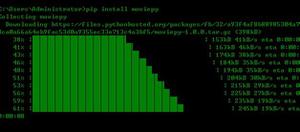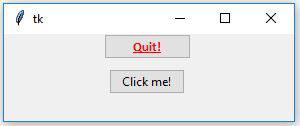python的__mro__与__slot__

python支持多重继承,在解析父类的__init__时,定义解析顺序的是子类的__mro__属性,内容为一个存储要解析类顺序的元组。
class A(object):def __init__(self):
print ' -> Enter A'
print ' <- Leave A'
class B(A):
def __init(self):
print ' -> Enter B'
# A.__init__(self)
super(B, self).__init__()
print ' <- Leave B'
class C(A):
def __init__(self):
print " -> Enter C"
# A.__init__(self)
super(C, self).__init__()
print " <- Leave C"
class D(B, C):
def __init__(self):
print " -> Enter D"
# B.__init__(self)
# C.__init__(self)
super(D, self).__init__()
print " <- Leave D"
if __name__ == "__main__":
d = D()
print "MRO:", [x.__name__ for x in D.__mro__]
print type(D.__mro__)
执行以上代码,得到的输出为:
-> Enter D
-> Enter C
-> Enter A
<- Leave A
<- Leave C
<- Leave D
MRO: ['D', 'B', 'C', 'A', 'object']
<type 'tuple'>
与之前一篇文章中的内容不同,类B并没有被执行,也许是因为没有显式调用,而C与B有相同父类。
尽量避免使用非绑定方法,可能会造成重复调用。
关于__slot__
__slot__定义类中可以被外界访问的属性,类似node中的exports。
当父类中定义了__slot__时,不能向父类中添加属性。如果子类中没有定义__slot__,则子类不受父类__slot__定义的限制。
如果父类与子类中都定义了__slot__,则邮箱的结果为父类与子类__slot__的合集。
以上是 python的__mro__与__slot__ 的全部内容, 来源链接: utcz.com/z/388944.html





